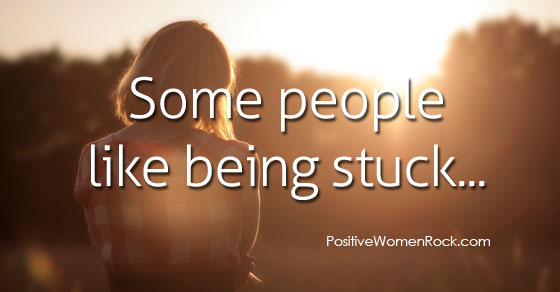Seriously, why didn’t we learn this in fourth grade?
Have you ever felt really confident about the sound advice you just know will FINALLY help a friend solve her problem — only to watch her completely ignore it, or maybe even ask others for help as she disregards yours?
It’s the kind of thing that can make you doubt not only your friendship, but yourself, as you sit wracked with feelings of guilt and uselessness, watching her continue to struggle. She may begin to dodge your direct questions on the topic, or even avoid you all together … for a while.
Thoughts wrapped in high-emotion fly through your mind.
Maybe you’re not a good enough friend. Maybe she doesn’t trust you (even though you’ve always had her back). Maybe she thinks your advice is too hard or too scary. Or that it might work for you, but not for her.
Then you realize it’s not the first time this has happened — and you fear it won’t be the last. You’re confused, frustrated, angry, and hurt.
What did you do wrong?
Nothing.
If you’re tired of putting your life on hold trying to help a friend who rejects you, consider this.
It could be you’ve joined her in a pattern that is actually meeting HER needs quite nicely — without a drop of concern for what YOU need for yourself.
We all have four basic needs: connection, certainty, variety, and significance. And, we only participate in behaviors if they meet one more more of these, even if not necessarily in the healthiest way.
When you connect the dots between what people do to which of these four needs are being met, their behaviors quickly begin to make sense.
When you continuously check in to see how your friend is doing, her need for connection is met.
When you drop everything to rush to her in times of crisis, her need for significance is met.
When her problems continue to multiply, her need for variety is met.
And when she can reliably send you running to her side to offer words of encouragement, her need for certainty is met.
And let’s face it, the reverse is true for you. Each of those responsive behaviors on your part meets the same basic needs for yourself.
If you find that role of the selfless friend deeply satisfying, hey, do your thing!
But, if you find yourself feeling hurt, frustrated, stressed, helpless and weakened, it could be YOU have progressed to your higher psychological needs — personal growth and contribution — and the pattern above will never, ever fulfill these for you or anyone else.
One side effect of seeking personal growth is that we outgrow friends who remain stuck in their basic need level, and who therefore hold us back.
And there is no room to make true contribution with a friend stuck in that place, because they just aren’t interested in receiving authenticity, being open to influence or taking part in the creation of a legacy.
Keep in mind that not ALL of your psychological needs have to be met in each and every relationship you have, but they do have to get met in your life somehow.
When you invest your energy in offering help to a friend who doesn’t truly want or need to accept it, all that remains for yourself is frustration and chaos.
If your friend becomes interested in true growth and joins you in the quest to meet your higher needs — awesome!
But don’t hold your breath.
You may need to love her from afar for a while. Or even forever.
It’s up to you to decide how much time and effort you want to continue to put into that friendship.
Just keep in mind that you have gifts, love, and support other people will truly appreciate.
I guarantee you have more inner power and confidence beneath your awesome surface than you can even imagine!
Kelly Rudolph, founder of PositiveWomenRock.com, guides women to tap into their inner power and create a confident life and future they look forward to. Start getting her free Life Strategies now.



Share your thoughts...